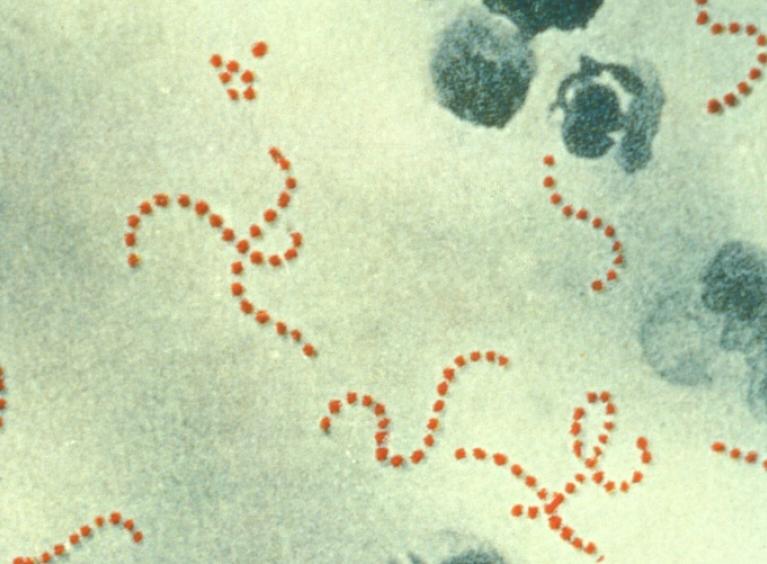Our Emergency Department is very busy right now and some people are experiencing long waits. If you do not require emergency care, please use an alternative such as 111 online.
The most serious infections linked to GAS come from invasive group A strep, known as iGAS.
These infections are caused by the bacteria getting into parts of the body where it is not normally found, such as the lungs or bloodstream. In rare cases an iGAS infection can be fatal.
We understand parents and carers are worried about recent reports of cases of Group A Strep in children and young people. Find out more, including common symptoms here.
If you are concerned that your child might have symptoms, contact 111 or your GP Surgery. For general advice about common childhood illnesses, visit the Healthier Together website.
GAS is spread by close contact with an infected person and can be passed on through coughs and sneezes or from a wound.
Some people can have the bacteria present in their body without feeling unwell or showing any symptoms of infections and while they can pass it on, the risk of spread is much greater when a person is unwell.
Good hand and respiratory hygiene are important for stopping the spread of many bugs.
By teaching your child how to wash their hands properly with soap and warm water for 20 seconds, using a tissue to catch coughs and sneezes, and keeping away from others when feeling unwell, they will be able to reduce the risk of picking up, or spreading, infections.

